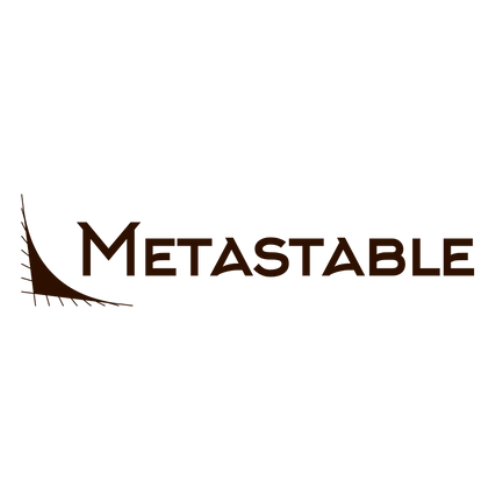
LimeChain
LimeChain is a blockchain development and consulting company that provides end-to-end services for startups and enterprises seeking to build on Web3 technologies. LimeChain offers deep expertise across a wide range of protocols, delivering solutions that include custom dApp development, DeFi product engineering, smart contract creation and audits, and strategic blockchain consulting. It works with clients to navigate the complexities of the decentralized web, from initial proof-of-concept and architecture design to full-scale implementation and support.
The company has established itself as a key development partner within numerous blockchain ecosystems, including a significant and long-standing relationship with Hedera. LimeChain has been instrumental in building core functionalities and tools for the Hedera network. Their collaborative work includes leading the development of the Hedera Token Service (HTS) and creating an open-source demonstration of the Hedera Consensus Service (HCS) integrating with enterprise systems such as Microsoft Dynamics.
Furthermore, LimeChain was a key technical partner in developing Hashport, a pioneering interoperability solution that uses HCS to bridge assets between Hedera and other major networks.
Project Information
Related Projects

MetaStable is a decentralized finance (DeFi) platform that aims to provide a secure, private, and compliant environment for trading synthetic assets. The company is focused on leveraging advanced cryptographic techniques to solve some of the key challenges in the DeFi space, such as high slippage, impermanent loss, and regulatory uncertainty.
The core of MetaStable's service is its Automated Market Maker (AMM), which is designed to facilitate the trading of synthetic assets with minimal price impact. A key feature of the platform is its use of Zero-Knowledge Proofs (ZKPs), which allows for the verification of transactions without revealing the underlying data. This provides a high degree of privacy and confidentiality for users. The platform also includes a "DeFi Firewall," a proprietary technology that helps to ensure regulatory compliance by preventing illicit funds from entering the ecosystem.
MetaStable’s "chain-agnostic" design and support for EVM-compatible DLTs allows it be interoperable with various networks including the Hedera blockchain.

Metacourt is a virtual metaverse platform created in an official partnership with Tennis Australia to extend the fan experience of the Australian Open (AO). It provides a 3D digital recreation of Melbourne Park, the tournament’s physical grounds, allowing a global audience to explore the venue, interact with other fans, and stream live or historic matches from within the metaverse.
The platform leverages the Hedera network to power its digital asset strategy including its central feature, the "AO Art Ball" NFT collection, which consists of thousands of unique NFTs linked to specific 19cm x 19cm plots of the real-world tennis courts. When a winning shot from an official match lands on a plot, the corresponding NFT is updated in real-time with match data, and its owner is rewarded with exclusive utility, such as match footage or merchandise.
Metacourt a novel, gamified experience secured on the Hedera blockchain network to provide fans with verifiable ownership of unique moments in tennis history.

Coming soon..
.png)
Neuron is a London-based company founded in 2019 that is building decentralised infrastructure for machine-to-machine (M2M) commerce. The company's vision is to create a secure and transparent ecosystem where autonomous devices, such as drones and AI agents, can directly discover, connect, and transact with each other without the need for centralised intermediaries.
Neuron's core product is a decentralised service network (DSN). This infrastructure includes a lightweight software development kit (SDK) that allows any machine, from a cloud server to a low-power device, to be onboarded as a "node." The platform also features an Explorer for nodes to discover each other, a Validator network to enforce service level agreements and machine reputation, and a system for automated, token-based payments. A primary use case is 4DSKY, a decentralized air traffic management system for drones, which has been successfully trialed with the UK government.
Neuron's entire platform is built on the Hedera network. It utilises Hedera's fast, secure, and low-cost distributed ledger technology as the foundational trust layer for its DSN. Specifically, Neuron uses Hedera's Consensus and Token Services for several key functions: to log and timestamp flight data from drones, to enable secure M2M payments.
